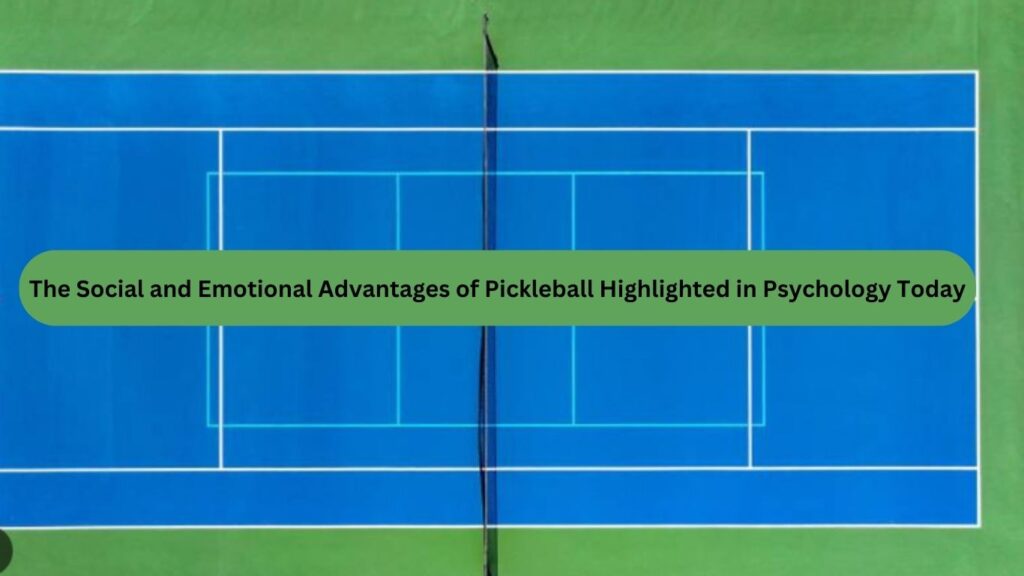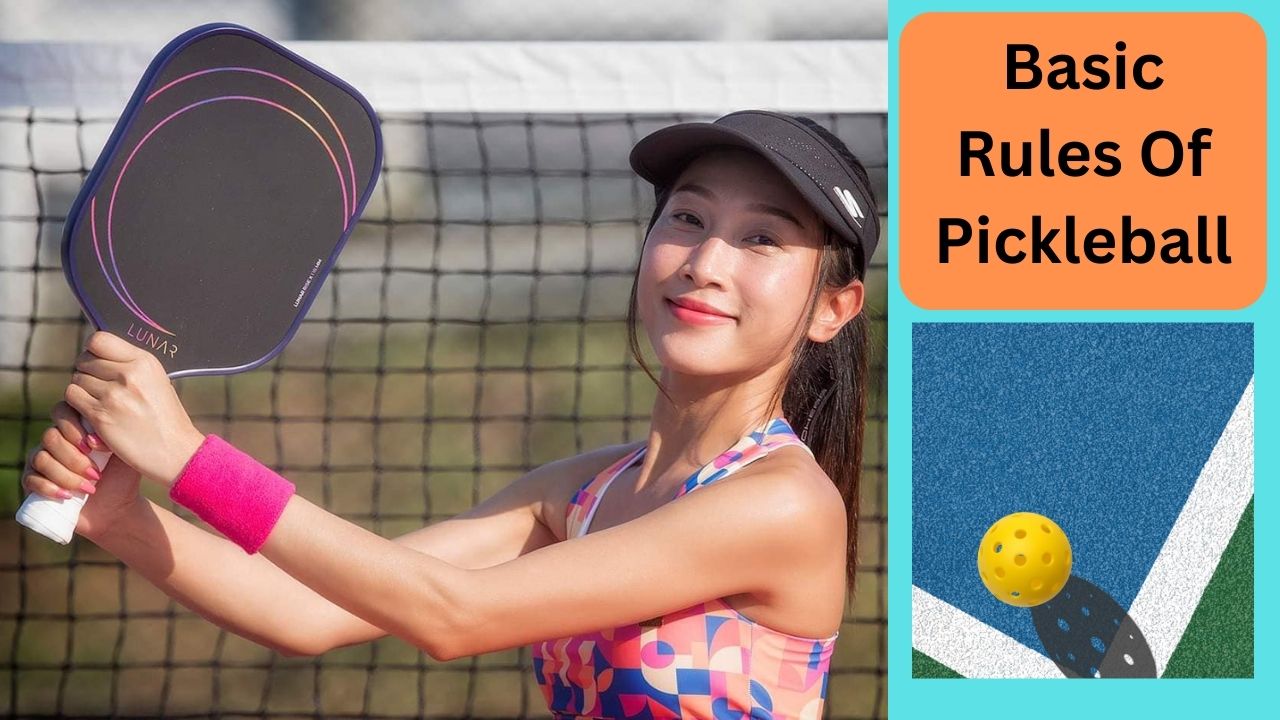In recent years, pickleball has gained immense popularity, particularly during the COVID-19 pandemic, as a means for people to connect while adhering to social distancing guidelines.
The pandemic left many feeling isolated and disconnected, a sentiment still fresh in collective memory.
Board-certified clinical and sport psychologist Dr. Tess M. Kilwein recently reflected on this phenomenon in an article for Psychology Today. She explored how pickleball provided a crucial outlet for connection and well-being during a time of global isolation.
“During this time, many people forgot how to communicate, care for the well-being of their communities, and venture out of their homes without experiencing anxiety and fear,” Dr. Kilwein noted.
“Then came a bright yellow wiffle ball and a sport with a unique name: Pickleball.”
This sport became a beacon of hope and a healthy, safe activity during challenging times, quickly emerging as America’s fastest-growing sport.
Pickleball : A Catalyst for Connection
Dr. Kilwein highlighted how pickleball courts became hubs of activity when many public spaces were closed. Schools, universities, bars, restaurants, and fitness centers shut their doors, but pickleball remained accessible and grew rapidly.
“The sport of pickleball allowed us to bring our identities, insecurities, and social awkwardness to the courts and relearn how to connect with one another,” she explained.
“Instead of planning drinks that never happened, people began meeting regularly for ‘dinks’ on the court.”
Beyond its physical benefits, pickleball’s social and emotional advantages are well-recognized.
Transformative Benefits for All Ages
Pickleball has long been associated with reducing loneliness among older adults. However, a recent systematic review revealed its broader mental health benefits, including improved personal well-being, life satisfaction, reduced depression and stress, and enhanced happiness among players of all ages.
Dr. Kilwein noted, “Once viewed as a sport solely for the elderly, pickleball has demonstrated its ability to improve coping skills, focus, social connections, and mood among young players, specifically those aged 8 to 18. The social and emotional benefits of pickleball have clearly transcended age demographics.”
A Force for Inclusion and Positivity
Dr. Kilwein, a pickleball enthusiast herself, shared examples of the sport’s inclusive and uplifting nature.
“I’ve seen players of all ages, racial backgrounds, and financial situations share the courts without controversy,” she said.
“Athletes of varying physical and mental abilities have competed together in an environment that promotes accessibility and inclusivity. Women, men, and gender-diverse individuals have partnered and competed with mutual respect.”
These interactions reflect pickleball’s unique power to foster camaraderie and build bridges between diverse groups of people.
Building Community Through Pickleball
Dr. Kilwein emphasized pickleball’s role in rebuilding community and promoting collective well-being during and after the pandemic.
“In a time when the nation was grappling with the effects of the COVID-19 pandemic and societal divides, pickleball demonstrated how prioritizing the health and safety of others can rebuild connections,” she concluded.
“While it will take more than a bright yellow wiffle ball to heal the wounds of loneliness and division, sharing a ‘dink’ has proven to be a remarkable start.”
If you’ve never tried pickleball, now might be the perfect time to pick up a paddle and join the fun. You’re likely to discover not just a sport but a way to connect, grow, and thrive.
Read Also : Montrealers of All Ages Fall in Love with Pickleball



